By Alyce Collins
THIS WOMAN was born with SPINA BIFIDA but says it doesn’t mean she is ALWAYS SAD, and is on a mission to change the stereotypes that disabled people are confronted with DAILY.
YouTuber Danielle Marx (29) from Ohio, USA, was born with spina bifida, leaving her paralysed from the waist down and using a wheelchair. Despite these challenges, Danielle maintains a positive outlook on life, choosing to focus on the things she can do instead of things she can’t do after being raised not to view her disability as a marker of being incapable.
As a newborn, Danielle underwent surgery to fix an opening in her spine which was caused by spina bifida. After this, Danielle was raised not to view her disability as a marker of being different and despite other people’s doubts, Danielle learned to swim and joined a dance group because seeing her friends accomplish these goals spurred her on to do the same.
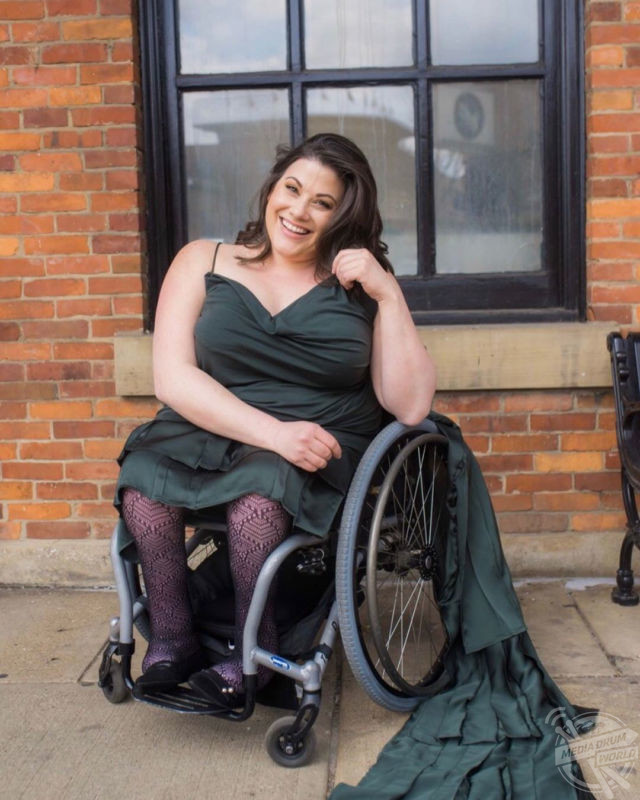
Although many of her peers would stare at Danielle which made her feel uncomfortable at the time, she now appreciates that they only stared out of curiosity as they wanted to understand.
Danielle never wanted her disability to be a reason not to achieve something, but she has always been aware of the stigmas surrounding disability. Whenever Danielle gets frustrated with her disability, she sees that it isn’t based on her own feelings, her frustration is actually based off other people’s reactions to her.
Danielle began posting videos on YouTube to open up about spina bifida, disability and using a wheelchair as she tries to diminish the taboo of talking about disability as she believes that many people are too afraid to ask her questions about her disability, choosing to stare instead.
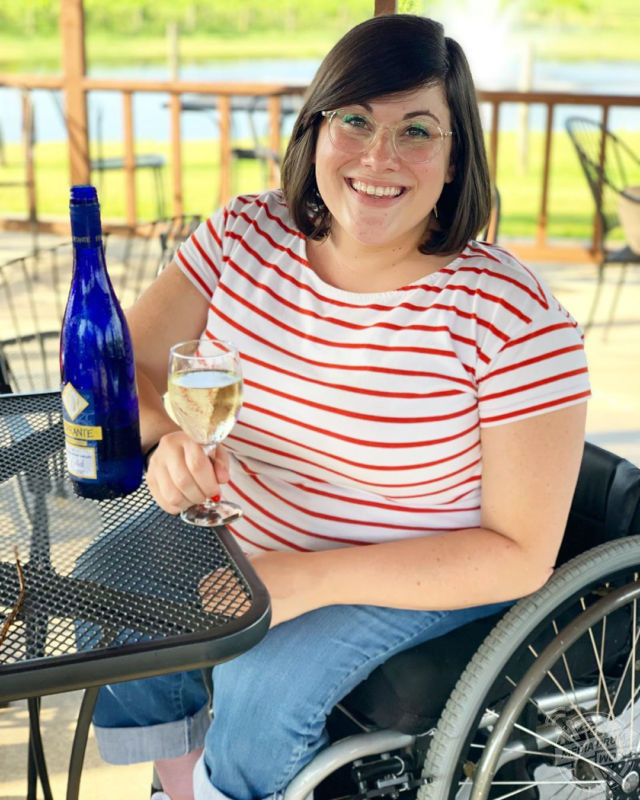
“In many ways I felt just like every other kid when I was young,” said Danielle.
“My parents were careful to plan family activities that everyone could participate in but didn’t make it into a big deal, so I never felt like my family was avoiding activities because of me.
“It’s interesting because growing up I didn’t have any friends who were in wheelchairs as all my friends were ‘able-bodied’. So, I think wanting to keep up with them and my siblings motivated me to figure out how to adapt.
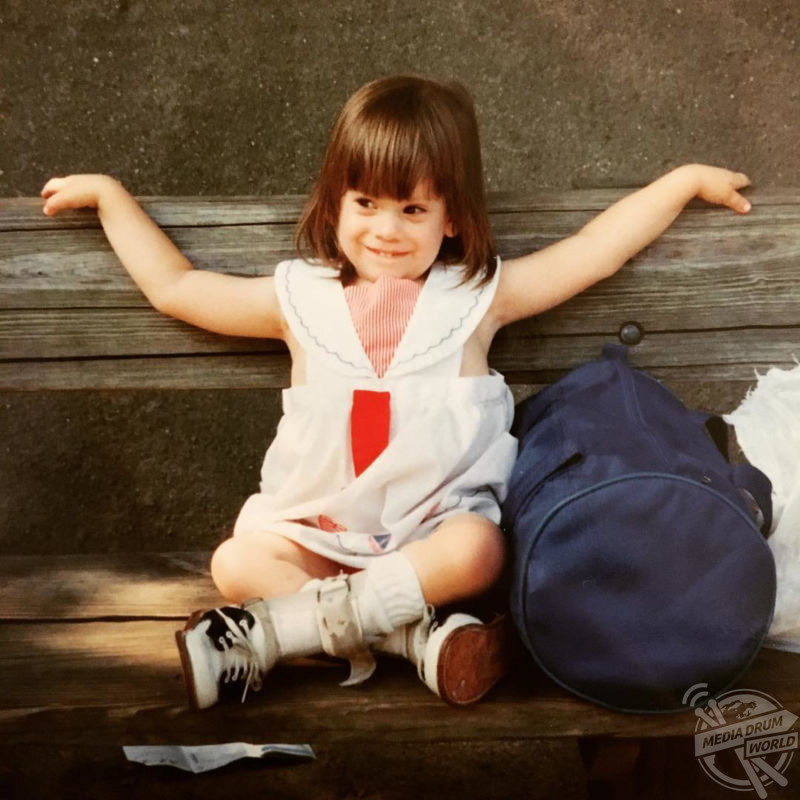
“I was home-schooled until I was fourteen years old, but so were my siblings so I never felt like that was because of my disability. Thankfully this meant I never experienced any bullying that a lot of kids experience in younger years. Moving to a school was a bit of an adjustment when I was older, but I didn’t feel out of place because it’s a slightly intimidating experience for most kids.
“I’m really thankful that I started my schooling at home, but I’m also really glad that I chose to go to school later so that I could experience both.
“One thing that was difficult when I was younger was other kids staring. Now, as an adult I realise that they stared because they were trying to understand, and now I love when kids ask questions. But when those kids were my peers it was very difficult because I didn’t understand, and it made me feel very uncomfortable.
“I’ve never felt negatively about my disability, except for when it affects the perceptions people have of me, how they treat me, or when there are things I’m unable to do because of it. In my day-to-day life it’s never really been something that I looked at negatively because it’s all I’ve ever known.
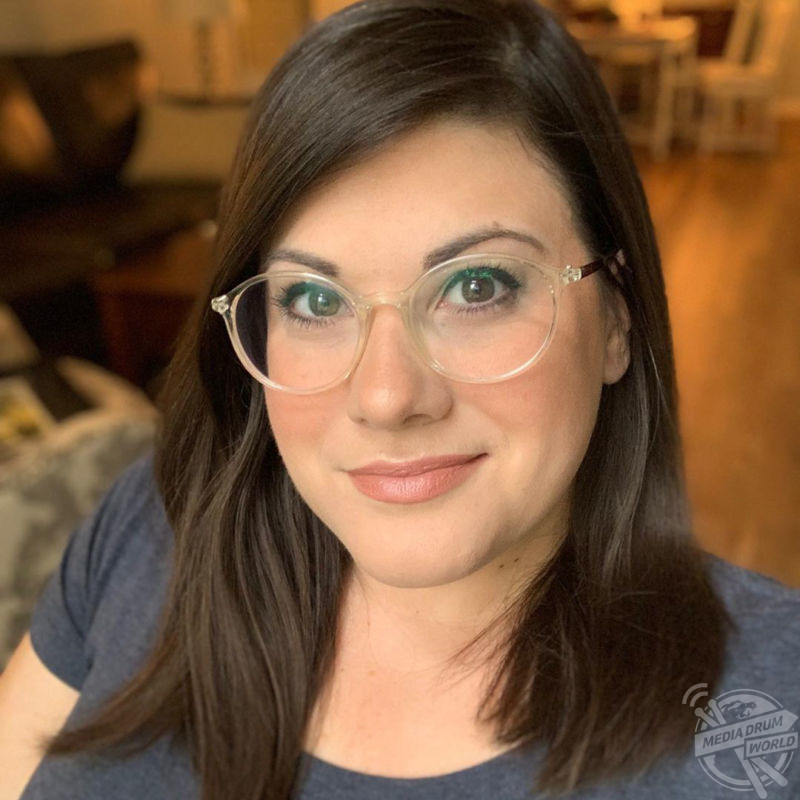
“I think that’s a big difference between someone who is born with a disability as opposed to someone who becomes disabled later in life. The times I feel insecure or frustrated by my disability are because of other people’s reactions to it, not because of the disability itself.
“I never want my disability to be the reason I don’t do something. Of course, there are limitations and I can’t do everything, but I strive to do everything that I am capable of.”
As a result of the mindset that was instilled in her from a young age, Danielle has always been active in pursuing her passions and interests, allowing her to push the boundaries and limitations others restricted her to. Danielle has learned to swim using just her arms, been surfing, skiing and joined a dance group to perform on stage.
Danielle never wants her disability to be a reason not to achieve something, but she is aware of the lack of understanding and inclusiveness surrounding disabilities in accessibility, representation, and even career opportunities. This motivated her to share personal experiences on YouTube and Instagram, to open up conversations and give people the chance to learn about a topic that is often overlooked.
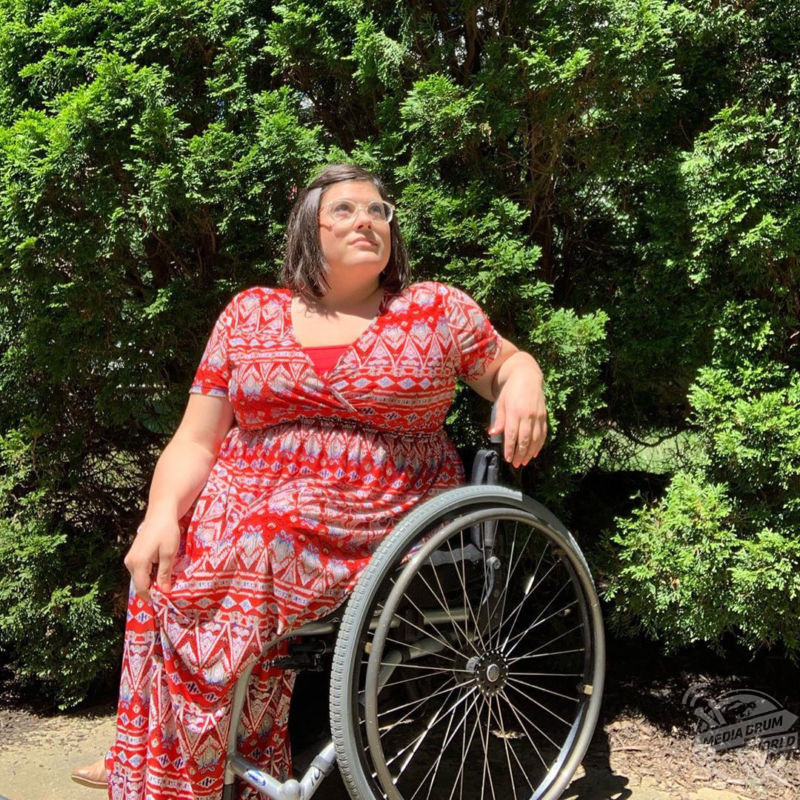
Being made to feel ignored and unimportant is very disheartening for Danielle, and despite diversity being vital, she still feels ignored in society.
“As a child I was blissfully unaware of whether people accepted me or not, but now I’m much more aware of it,” said Danielle.
“When I was growing up, I rarely saw anyone who looked like me in films, TV or in magazines. If I did, it was typically in a sad or depressing way. I would like to see that change for the next generation.
“It’s time the world sees people with disabilities as people who can be fashionable, interesting, vibrant and important parts of society. I hope to encourage fellow wheelchair users to be brave, innovative, and live life to the fullest. This includes showing parents of children with disabilities that they can thrive if given the proper tools.
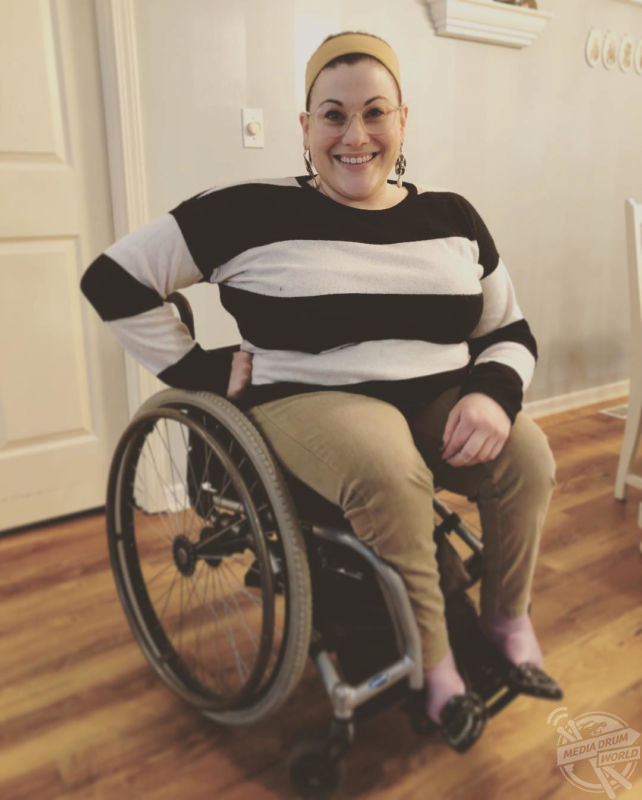
“It’s so important for kids to have role models they can look up to, and I hope to be that for other girls and boys living with disabilities – whether it’s spina bifida or something else.
“People make assumptions about me simply because I use a wheelchair. It’s funny because as I get older, I’m much more comfortable talking about my disability, but I’ve simultaneously become more aware of the stigma associated with it.
“There’s no question that I wouldn’t be willing to answer in the right context because I wish disability wasn’t such a taboo topic. It’s something I was born with that isn’t my fault, I can’t change, so why should I be afraid to talk about it, or be offended by questions regarding it?
“My favourite thing is when I get messages because something I posted helps someone or when I receive messages from young people saying they’re excited to find someone that looks like them who they can relate to and look up to.
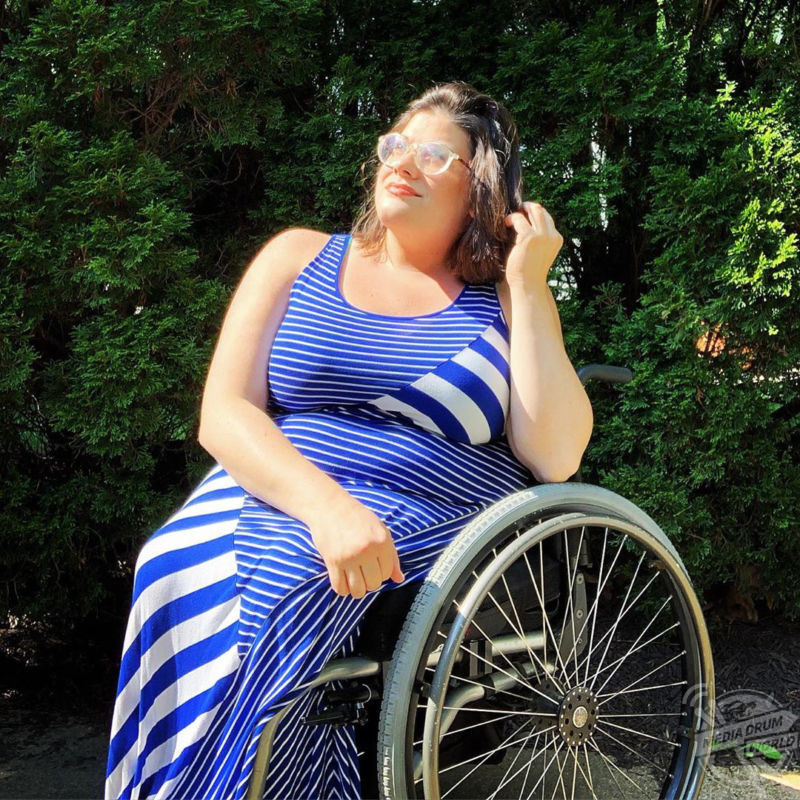
“That’s the good side of social media – connecting with different people and creating an understanding and empathy through shared experiences that someone may have otherwise never understood.
“I think a lot of society assumes that people with disabilities don’t care about fashion and how they look, that we’re not capable of relationships, that we’re incapable of being contributing members of society, that our lives are horrible and we’re sad all the time.
“It’s incredibly disheartening to be ignored because I happen to get around differently that what is considered normal. It’s difficult when the world is talking about diversity and inclusion but people with disabilities are constantly forgotten in that conversation.
“It’s sad to think that people think I’m less of a person and am incapable of big things simply because my legs don’t work.”
To see more, visit www.instagram.com/daniellability or go to Danielle’s blog: daniellemarx.com






